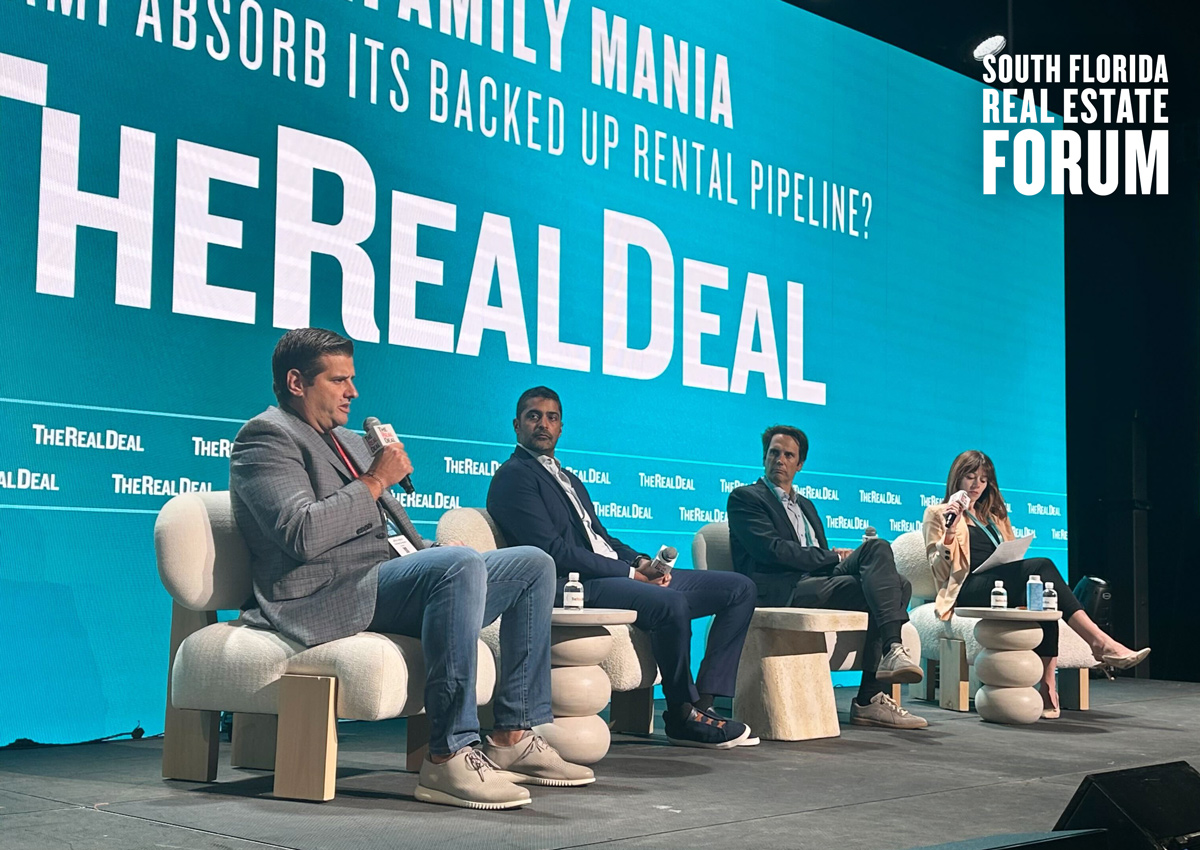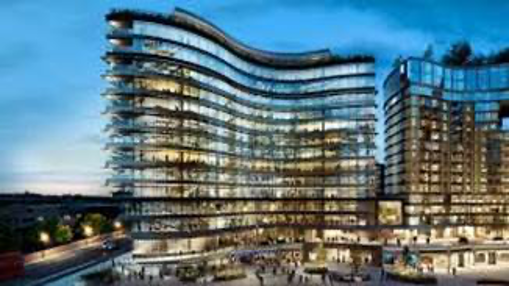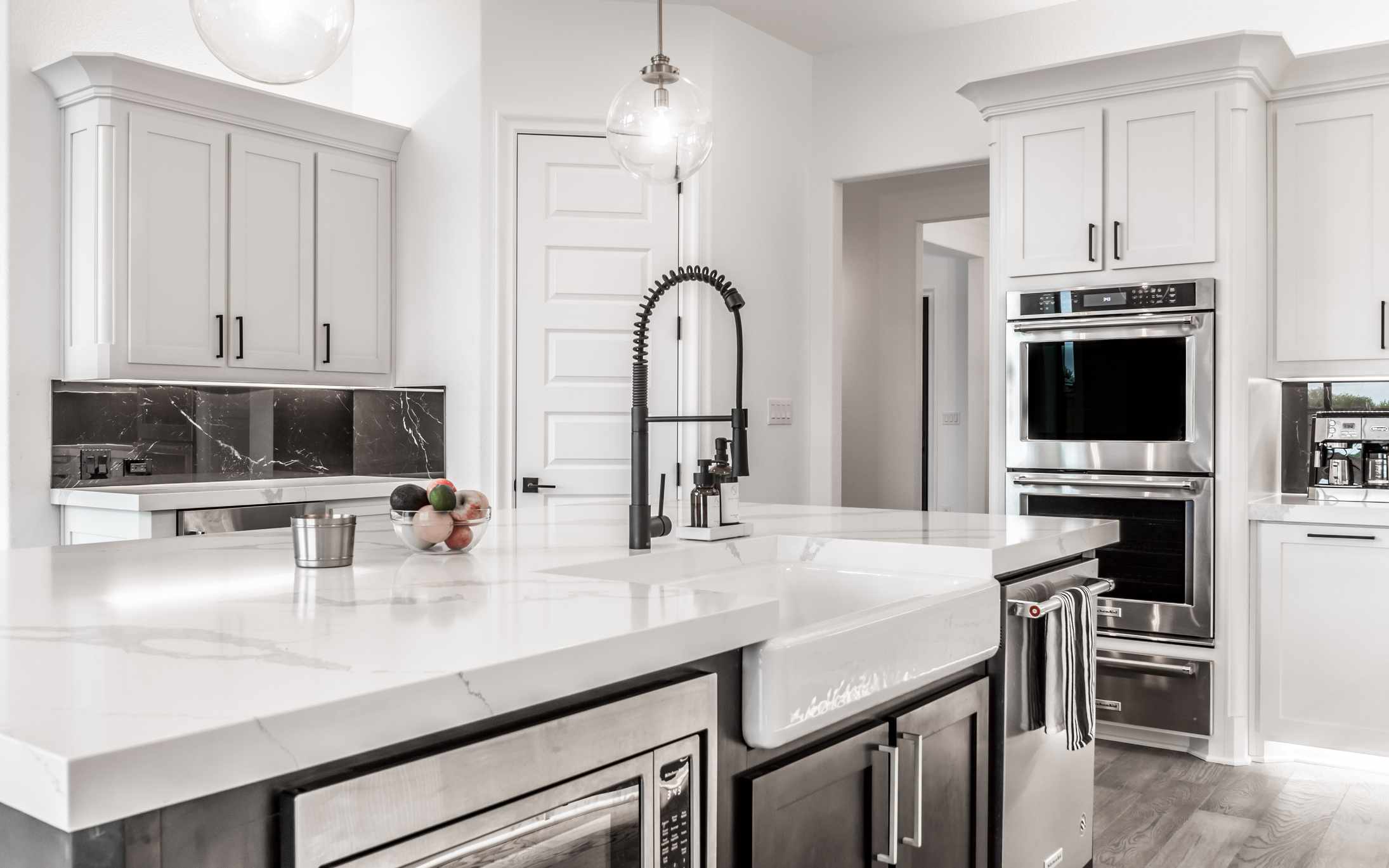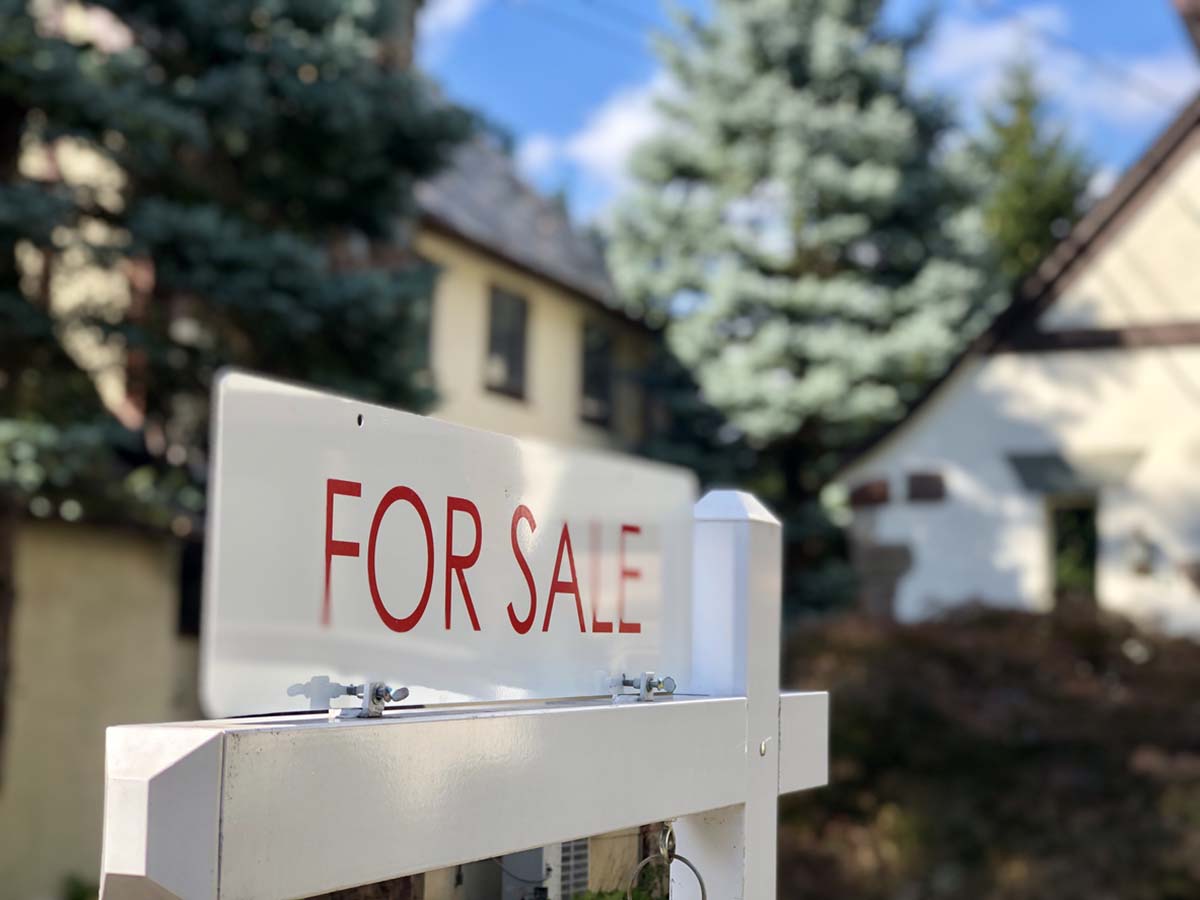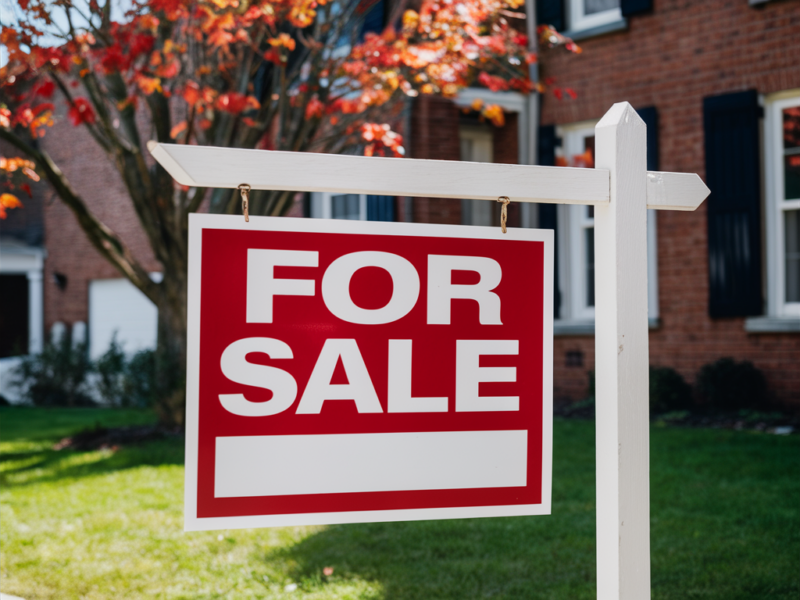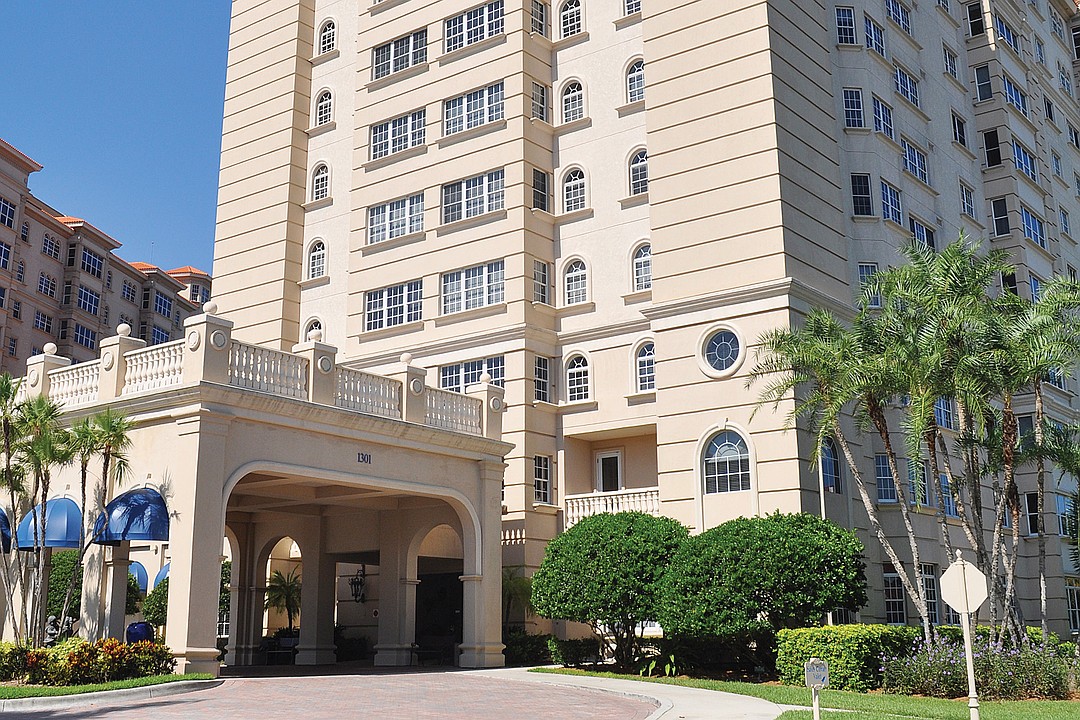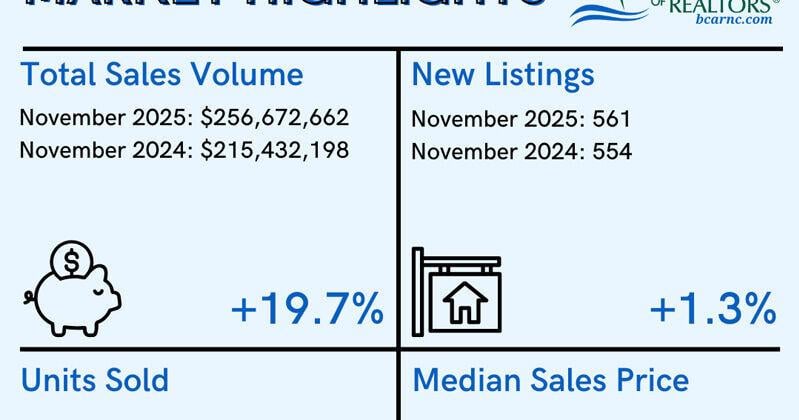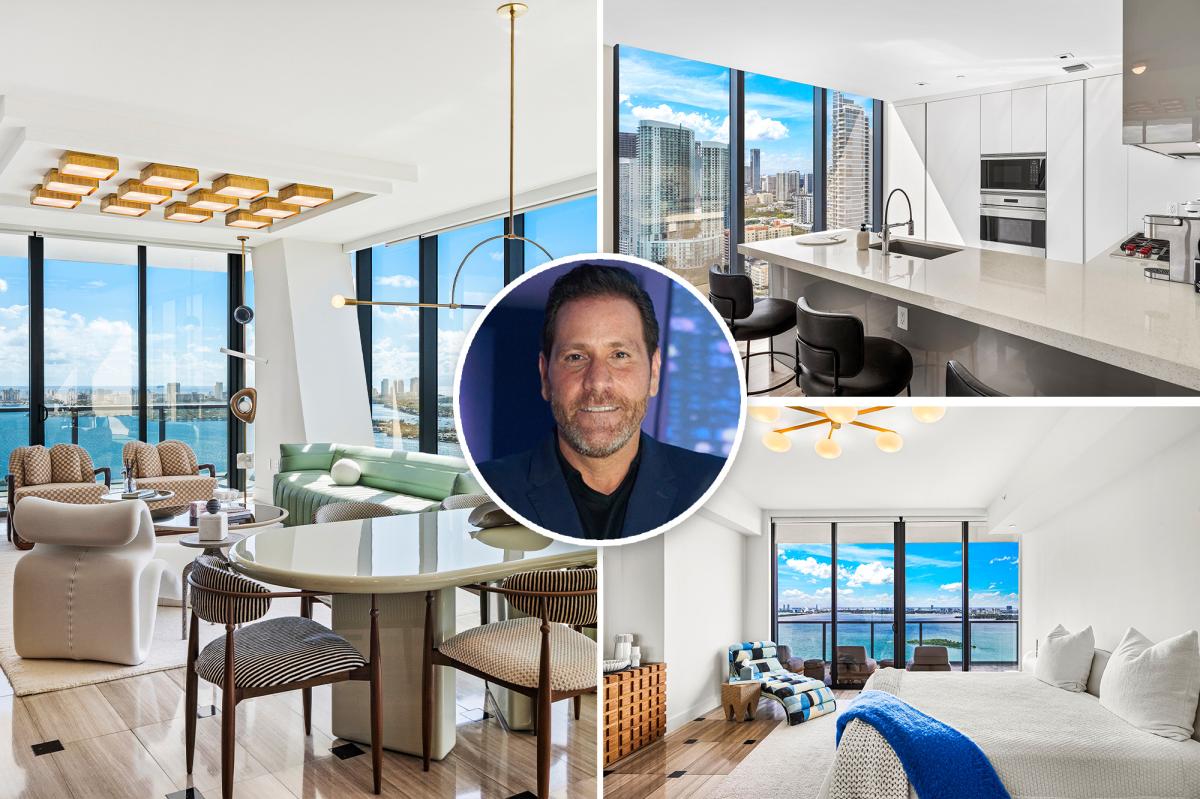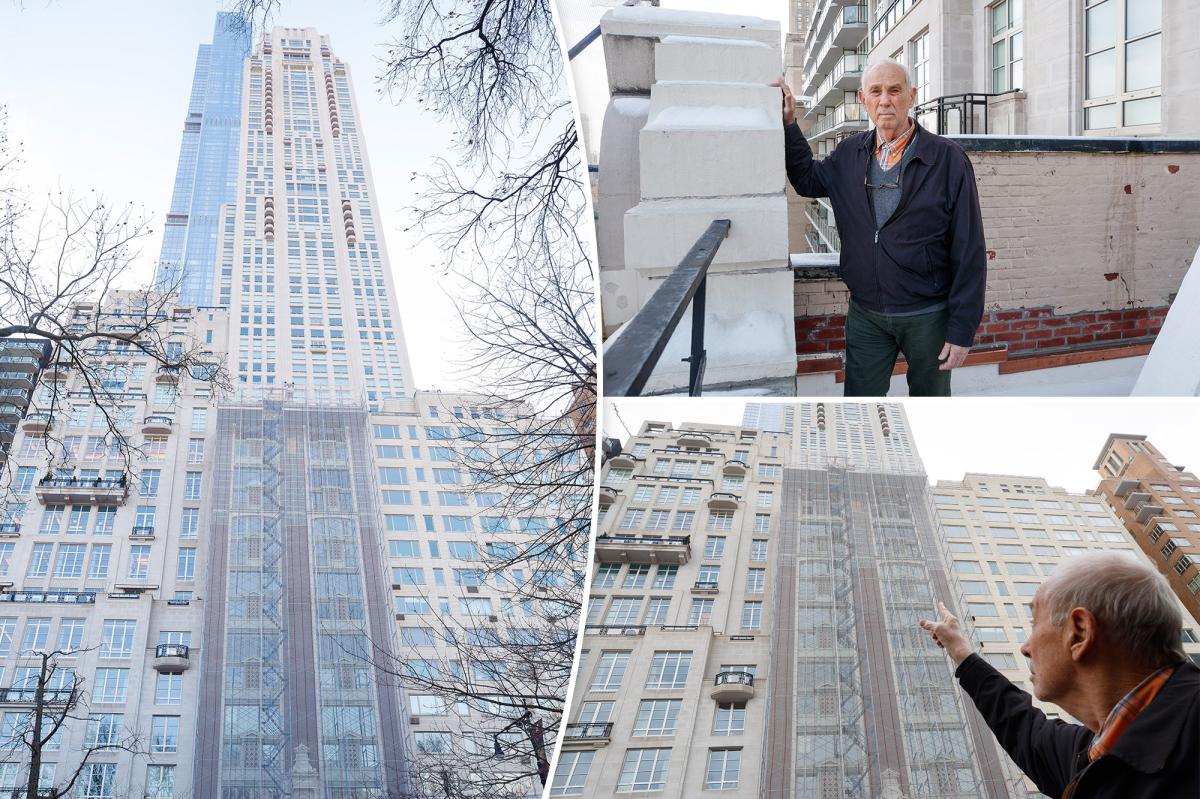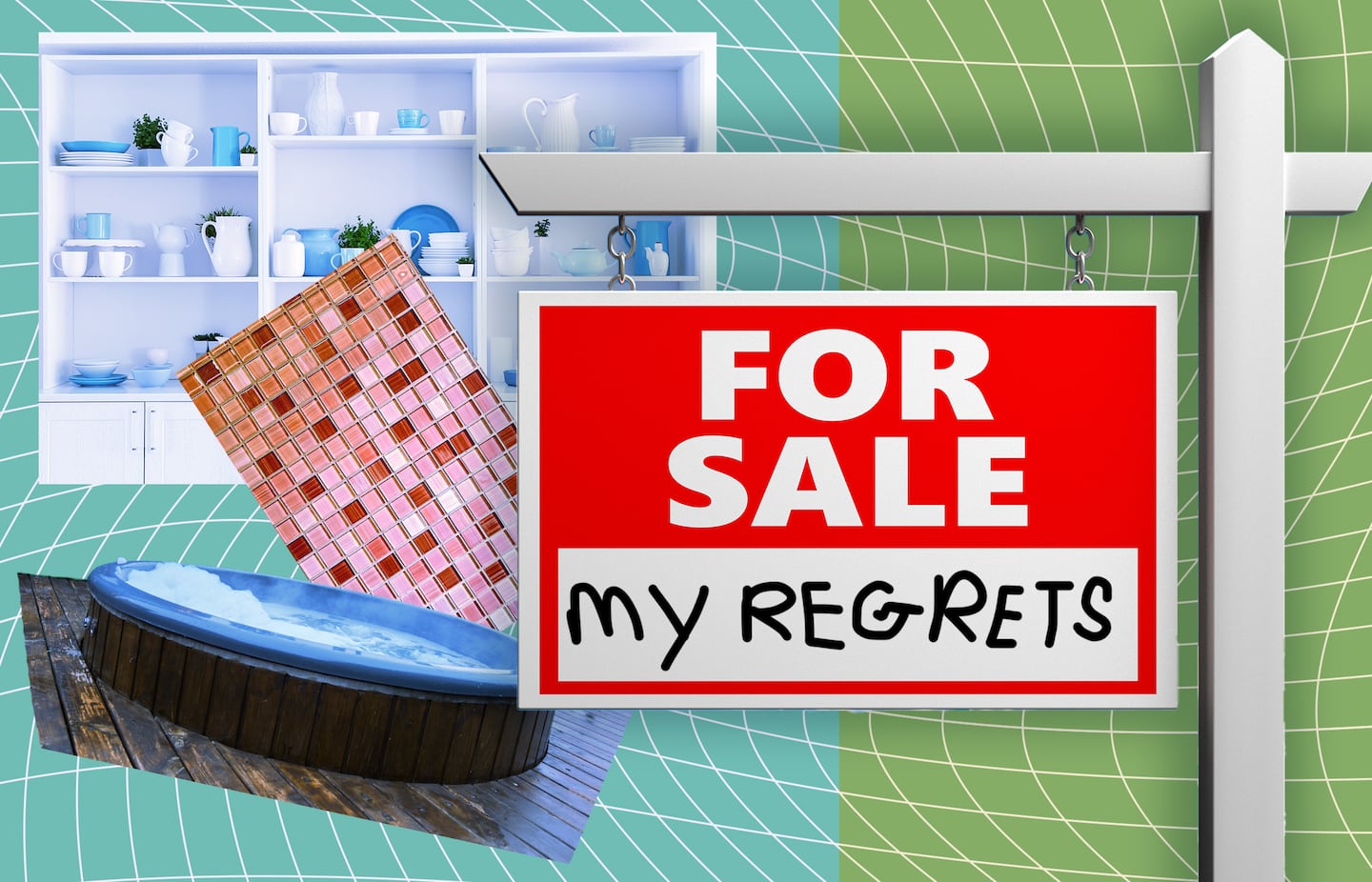S
outh Florida's multifamily market has experienced a slowdown since the pandemic, according to developer Inigo Ardid. Building costs have increased faster than inflation, and elevated interest rates have made construction financing more expensive. This has led to lower loan-to-value ratios, requiring additional equity infusions that are difficult to secure.
The influx of out-of-state residents has driven unprecedented demand and record rent growth over the past four years. However, with thousands of newly completed units, rent growth has flatlined. By year-end, 23,863 units are expected to be completed, the largest number since at least 2002, according to a Berkadia report.
Despite the current market conditions, developers remain optimistic about the future. They agree that even with explosive development, projects are leasing up, and difficult capital markets have led to a pause on construction starts this year. This will allow newly built units to get leased up, lowering supply and leading to healthy rent growth by late next year and into 2026.
Condo conversions are also helping alleviate the hefty apartment supply. For example, the Miami Worldcenter mixed-use megaproject in downtown Miami has launched condo sales of the 466-unit Flow House, originally conceived as apartments. This will decrease the supply of new units by 466.
The panelists also addressed the issue of affordable housing, which has been exacerbated by the influx of high-income residents from other states. The Live Local Act, approved last year, gives developers tax breaks and zoning flexibility if they designate at least 40 percent of their projects' units for low-income households. However, some developers have found it difficult to pencil out deals under this program due to higher construction costs.
Counties and municipalities have made strides in helping financials for affordable housing through additional incentives such as reduced parking requirements. However, more help is needed to address the affordable housing gap. As one developer noted, "We don't build buildings for free. This is a business."
